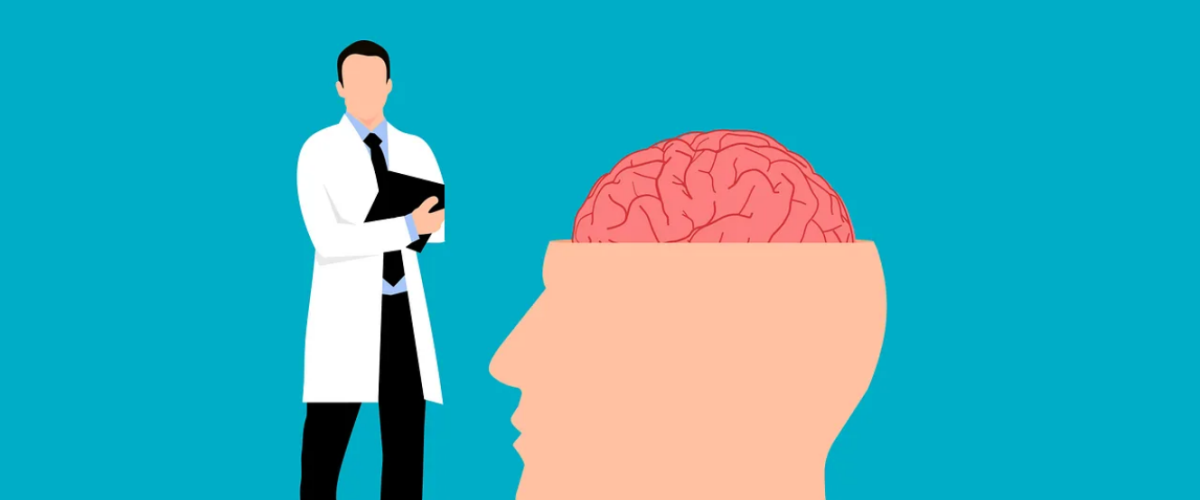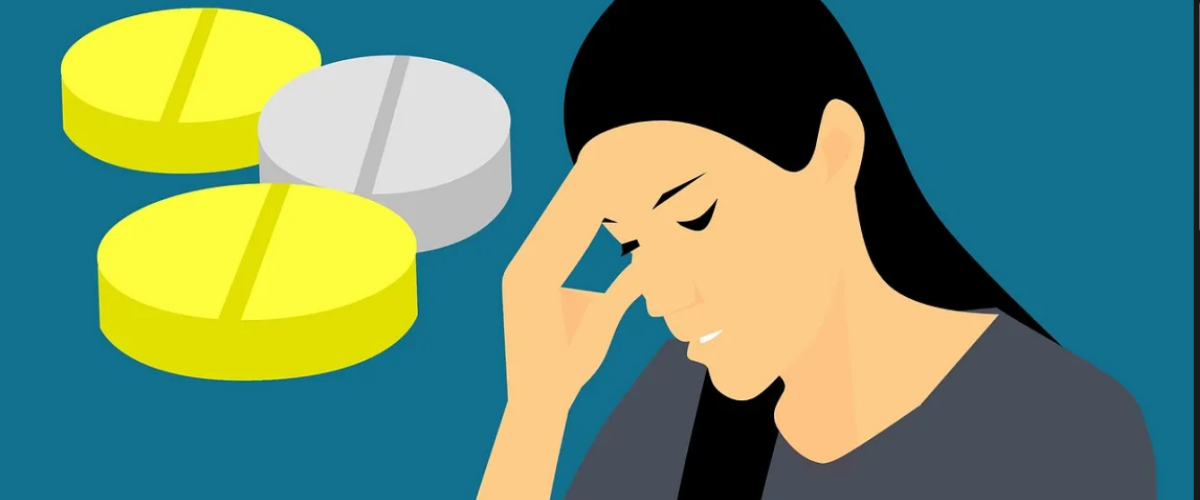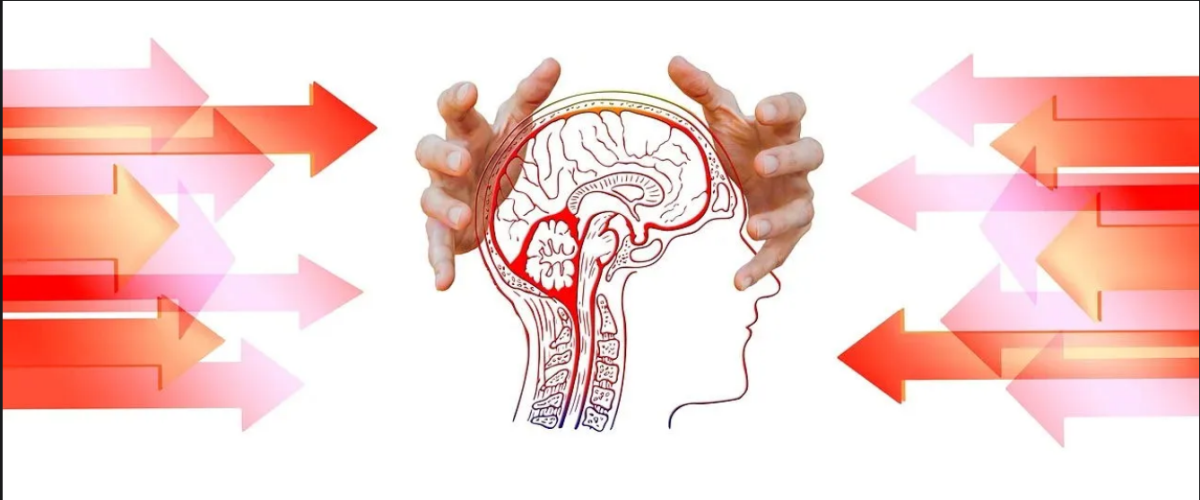Living with migraines can be debilitating and have a significant impact on quality of life. While medications and treatments are available, certain lifestyle changes can also play a vital role in preventing migraines in the long run. Prioritizing sleep, managing stress, eating a healthy diet, using dietary supplements, exercising regularly, and avoiding triggers can significantly reduce the frequency and intensity of migraines. By making these changes, migraine sufferers can improve their overall health and regain control of their lives. Always consult a healthcare professional for personalized advice and guidance on managing migraines.
Migraine is a neurological disorder characterized by recurring moderate to severe headaches. It is a debilitating disease that affects millions of people around the world and can severely impact their daily lives. Migraines are known for the throbbing headaches they produce, usually on one side of the head. In addition to headaches, migraines can be accompanied by nausea, vomiting, and sensitivity to light and sound.
Migraines can last for hours or even days and can be triggered by a variety of factors, such as stress, certain foods, hormonal changes, lack of sleep, and even weather changes. However, each person may have different triggers, and identifying these triggers is critical to effectively managing and preventing migraines.
One of the main characteristics of migraine is the presence of an aura, which occurs in about one-third of migraine sufferers. Auras are temporary disorders of the nervous system that can manifest as visual disturbances such as flashing lights, blind spots, or jagged lines. It may also cause other sensory disturbances, such as tingling in the face or hands.
Although the exact cause of migraines is not fully understood, it is believed to involve a combination of genetic and environmental factors. People with a family history of migraines are more likely to develop them, suggesting a genetic predisposition. However, specific triggers may also play an important role in triggering a migraine attack.
According to the AMF, migraine is a type of primary headache. Within the scope of migraine, the International Headache Society describes the following main types:
● Migraine without aura
● Migraine with aura
● Chronic migraine
The impact of migraine on an individual's life can be dramatic. Migraine attacks can be very painful and can lead to missed work or school, decreased productivity, and a lower quality of life. People with migraines may have to limit their daily activities to avoid triggering migraine attacks and often feel anxious or depressed due to the chronic nature of the condition.
Migraine is a debilitating condition that affects millions of people worldwide. Migraine attacks can last for hours or even days, causing severe pain, nausea, and sensitivity to light and sound. In addition to physical symptoms, migraines can have a significant impact on an individual's overall health.
One of the most obvious ways migraines can affect your health is by disrupting daily life. Migraine attacks can be unpredictable and sudden, making it challenging to plan or engage in consistent activities. This unpredictability can lead to missed workdays, social events, and important events, often leading to feelings of depression, guilt, and isolation. The inability to fulfill responsibilities and participate in activities can have a negative impact on self-esteem, sense of accomplishment, and overall life satisfaction.
Additionally, the pain and discomfort caused by migraines can take a toll on an individual's mental health. Chronic pain, such as the pain experienced during a migraine attack, is associated with higher rates of depression, anxiety, and overall psychological distress. Continuous struggles with pain can lead to feelings of helplessness and hopelessness, affecting a person's ability to cope with daily stressors and enjoy life to the fullest. Additionally, the chronic nature of migraines can create a cycle of fear and anticipation as people constantly worry about when the next attack will occur and how it will affect their health.
Sleep disturbance is another important factor that causes migraines to affect your health. Many migraine sufferers have difficulty falling or staying asleep, often due to pain or other accompanying symptoms. Disturbed sleep patterns can lead to fatigue, irritability, and cognitive decline, making it difficult to perform daily tasks effectively. Lack of quality sleep can also hinder the body’s ability to heal and recover, thereby extending the duration and intensity of migraines.
The economic impact of migraines cannot be ignored either. Direct and indirect costs associated with migraine, including medical expenses, absenteeism, and lost productivity, place a financial burden on individuals and society as a whole. This burden adds additional stress and worry, further exacerbating the impact on well-being.
1. Understand the triggers of migraines
Migraine triggers vary from person to person, but there are some common factors known to contribute to the onset of these headaches. Let’s explore the most common triggers:
a) Stress: Emotional stress and anxiety are major triggers of migraines. Learning stress management techniques such as deep breathing exercises and meditation can help individuals cope better and reduce the frequency of migraines.
b) Hormonal changes: Many women experience migraines during certain hormonal changes, such as menstruation or menopause. Understanding these patterns allows for appropriate preventive measures and timely treatment.
c) Eating habits: Various foods and drinks have been identified as migraine triggers in some people. Skipping meals or consuming certain foods and drinks, such as alcohol, chocolate, smoked fish, cured meats and aged cheeses, may increase your risk of migraines. Keeping a food diary can help identify personal triggers and guide dietary modifications.
d) Environmental factors: Bright lights, loud noises and strong smells can overload the senses and trigger migraines. Wearing sunglasses, using earplugs, and avoiding trigger-inducing situations may help.
e) Weather changes: Changes in weather patterns, especially changes in air pressure, may trigger migraines in some people. Staying hydrated and maintaining a consistent sleep schedule can help manage these triggers.
f) Lack of sleep: If you are constantly tired or don’t get enough sleep at night, it may affect the function of your circadian rhythm (or your brain’s natural wake and rest cycle).
2. Recognize common migraine symptoms
Migraines are more than just headaches; They often exhibit a range of symptoms that seriously interfere with daily life. Understanding and recognizing these symptoms is critical for proper diagnosis and effective management. Some common symptoms associated with migraines include:
a) Severe headache: Migraines are characterized by throbbing or throbbing pain, usually on one side of the head. Pain may be moderate to severe and may worsen with physical activity.
b) Aura: Some people experience an aura before the actual migraine attack. Halos are usually temporary visual disturbances, such as seeing flashing lights, blind spots, or jagged lines. However, aura may also manifest as sensory disturbances or speech or language difficulties.
c) Nausea and Vomiting: Migraines often cause gastrointestinal symptoms, including nausea, vomiting, and loss of appetite. These symptoms may persist throughout a migraine attack and even after the headache subsides.
d) Sensitivity to light and sound: Migraines often cause increased sensitivity to light and sound, making it difficult for an individual to tolerate bright lights or loud noises. This sensitivity, known as photophobia and phonophobia, respectively, can further exacerbate discomfort during a migraine.
e) Fatigue and Dizziness: Migraines can make a person feel exhausted, fatigued and confused. Some people may feel dizzy or have difficulty concentrating during a migraine attack or in the post-migraine phase.

In summary, it is important to address the root causes of migraine and not just focus on symptom management. Lifestyle factors such as diet, sleep patterns, stress levels, and hydration can significantly affect the frequency and intensity of migraines. Healthy lifestyle choices and the use of stress-reduction techniques, combined with medication, should be the primary focus of migraine treatment.
Q: What are some lifestyle changes that can help prevent migraines?
A: Some lifestyle changes that can help prevent migraines include maintaining a regular sleep schedule, managing stress levels, exercising regularly, eating a balanced diet, staying hydrated, avoiding trigger foods and beverages, limiting caffeine intake, and practicing relaxation techniques.
Q: Can getting enough sleep help prevent migraines?
A: Yes, maintaining a regular sleep schedule and getting enough sleep can help prevent migraines. Lack of sleep or changes in sleep patterns can trigger migraines in some individuals. It is recommended to establish a consistent sleep routine and aim for 7-9 hours of sleep each night to reduce the risk of migraines.
Disclaimer: This article is for general information only and should not be construed as any medical advice. Some of the blog post information comes from the Internet and is not professional. This website is only responsible for sorting, formatting and editing articles. The purpose of conveying more information does not mean that you agree with its views or confirm the authenticity of its content. Always consult a health care professional before using any supplements or making changes to your health care regimen.
Post time: Nov-20-2023







